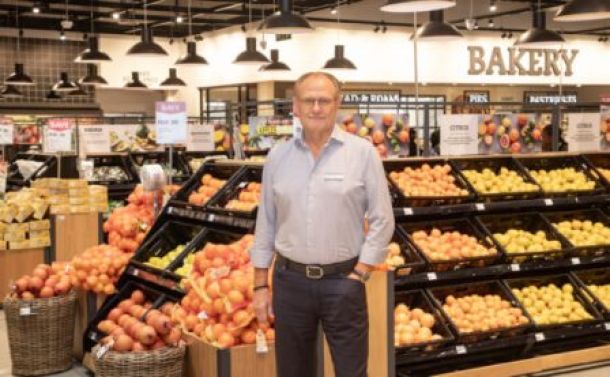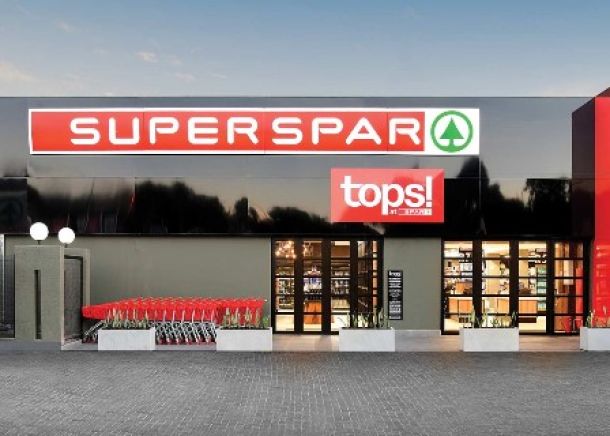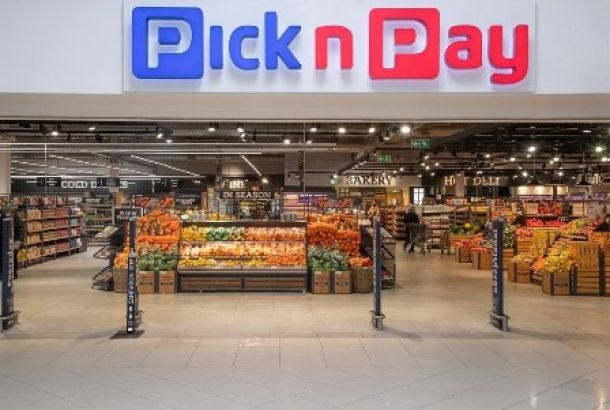Consumer confidence recovers lost ground
Consumer confidence recovered lost ground back to levels seen exactly a year ago before the Covid-19 pandemic in the first quarter of 2021, but still remained at contractionary level.
The FNB/BER Consumer Confidence Index (CCI), released on Tuesday, increased by another three index points back to the level of -9 in the first quarter of 2021.
This reading was much better than the collapse to a 35-year low in CCI of -33 index points in the second quarter of 2020 at the onset of the pandemic and lockdown restrictions.
FNB said the recovery to -9 index points brings the CCI back in line with the reading recorded in March 2020, just before South Africa entered its first strict nationwide lockdown.
However, it said consumer confidence, in general, remained depressed as the latest reading of -9 was still well below the average CCI reading of +2 since1994.
FNB said the continued recovery in the CCI during the first quarter of 2021 could be ascribed to further increases in the economic outlook and household finances sub-indices of the CCI.
FNB chief economist Mamello Matikinca-Ngwenya said the sharp decline in Covid-19 infection rates and the extension of social grants had boosted confidence.
“A range of positive developments in all likelihood supported the sustained recovery in consumer confidence during the first quarter,” Matikinca-Ngwenya said.
“Notwithstanding some challenges and delays, the eventual commencement of the Covid-19 vaccine rollout to thousands of healthcare workers may also have lifted the spirits of some South Africans.”
A breakdown of the CCI per household income group showed that middle-income confidence and low-income confidence posted the largest gains in the first quarter of 2021.
The confidence level of high-income consumers edged up by only 1 index point and, at a level of -15, remained the lowest of all the income groups.
FNB said high-income households were still very concerned about the outlook for the South African economy and are also considerably less optimistic about their financial prospects over the next 12 months.
News Category
- International retailers
- On the move
- Awards and achievements
- Legislation
- Wine and liquor
- Africa
- Going green
- Supplier news
- Research tools
- Retailer trading results
- Supply chain
- Innovation and technology
- Economic factors
- Crime and security
- Store Openings
- Marketing and Promotions
- Social Responsibility
- Brand Press Office
Related Articles

Pick n Pay plunges 16% on JSE as stock adjusts ...

SPAR suffering from a hangover

Pain for Pick n Pay

Pick n Pay disaster


